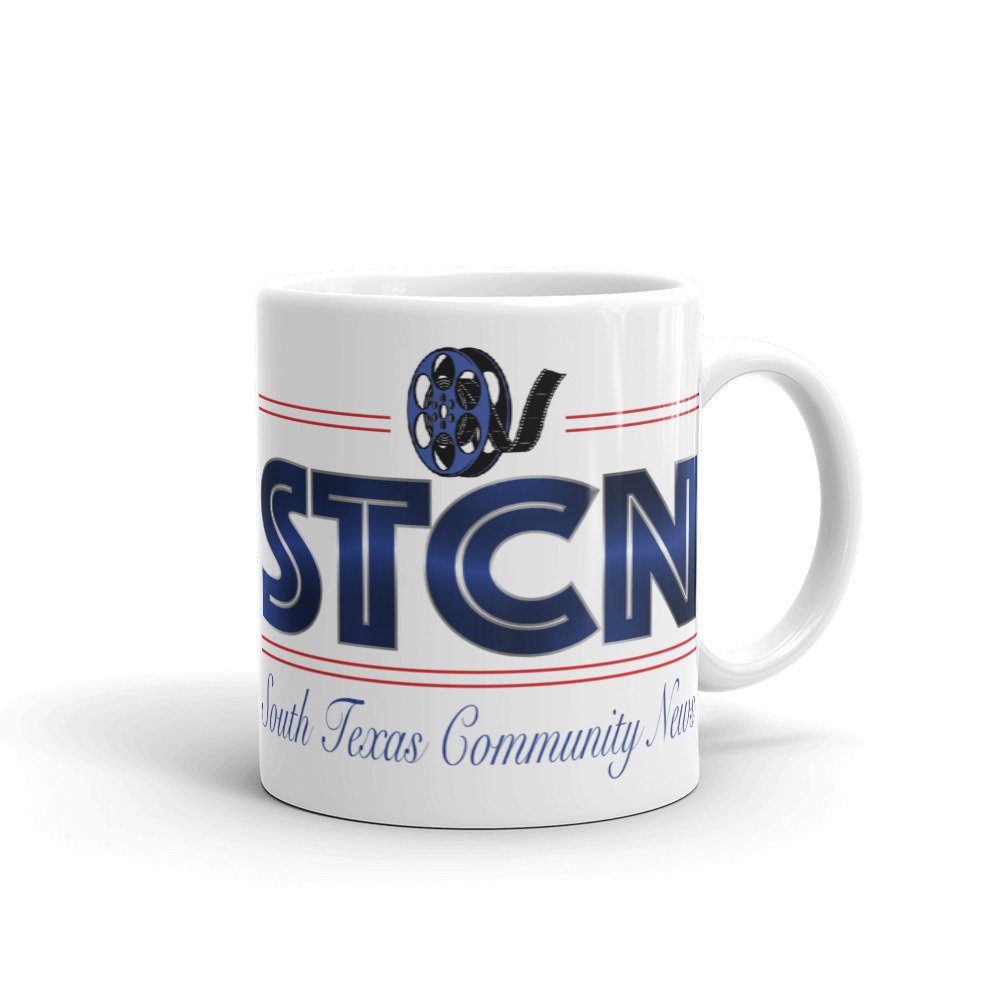Texas’ third special legislative session
By James Barragán and Cassandra Pollock, The Texas Tribune
Lawmakers wrapped up the third special legislative session of the year early Tuesday morning after approving most of the items Gov. Greg Abbott placed on the agenda.
The session produced laws that will bolster GOP dominance in the state’s new political maps, restrict transgender student athletes from playing on sports teams that align with their gender identity and dole out federal COVID-19 relief funds to programs across the state. But the Legislature did not act on Abbott’s requests to prohibit business from mandating vaccines and on increasing penalties for election fraud.
An Abbott spokesperson said Tuesday afternoon that “there are no plans for a fourth special session at this time.” If this was the final special session of the year, here are five things we learned from it.
Banning COVID-19 mandates is harder than people think
COVID-19 mandates have proven deeply unpopular among conservative politicians, but Abbott has failed twice to push bans on them through the Legislature. During the second special session this summer, Abbott called on lawmakers to bar officials from requiring teachers, students and staff to wear face coverings in schools. Late in the recently wrapped third special session, he also asked lawmakers to prohibit any Texas entity from requiring COVID-19 vaccines for its employees.
Abbott’s proposals have broad support among conservatives who say COVID-19 requirements encroach on their liberty. But the issue might have been a bridge too far for even a GOP-dominated Legislature. The House proposal on the issue failed to reach a committee vote, and the Senate version lacked enough votes for a vote by the full chamber.
Juan Carlos Huerta, a political science professor at Texas A&M University-Corpus Christi, said while the issue was a priority for Abbott, lawmakers may have faced pressure from their own constituents who want to mitigate the pandemic’s ongoing harm. The Texas Association of Business, the Texas Hospital Association, the Texas Association of Manufacturers, the Texas Hotel & Lodging Association, the Texas Trucking Association and several chambers of commerce have warned lawmakers of the legislation’s risk to small businesses, workplaces that rely on federal funding and immunocompromised Texans.
“They may have gotten a lot of calls from constituencies and businesses saying we don’t want this,” Huerta said.
Abbott’s executive order banning vaccine mandates, however, is still in effect.
Transgender student athlete bill ultimately passes
Social conservatives had tried to pass a bill targeting transgender student athletes three times this year. Each time, they ran into roadblocks in the House.
But supporters of the bill, who say it is meant to protect girls in sports, finally succeeded on their fourth try. House Speaker Dade Phelan pulled the bill out of the House Public Education Committee, where it failed three previous times, and sent it to a new committee chaired by Rep. Trent Ashby, R-Lufkin.
Once the bill was taken out of the education committee, led by Houston Democrat Harold Dutton, its path to passage was much easier.
“That’s how it finally got passed,” said Drew Landry, a political science professor at South Plains College. “It really came down to how bad the speaker wanted it.”
The bill’s critics say it unfairly targets transgender children and puts them and cisgender children at risk of being discriminated against.
Some lawmakers may not have wanted to vote on the bill, Landry said, but the bill’s passage will bolster Republicans in tough primaries next year.
“Fighting that culture war,” he said. “That’s what this is about.”
Lawmakers opted to protect incumbents in redistricting over spreading their lead
Although 95% of the state’s population growth was driven by people of color, voters of color did not gain any new districts where they could elect the candidates of their choice. That’s despite the state adding two new districts to its congressional delegation, for a total of 38.
That’s a hit to Democrats, who tend to get more support from Black and Hispanic voters. But if there’s a silver lining for Democrats, it’s that Republicans opted for incumbency protection in the political maps they drew for the state House, state Senate, State Board of Education and Congress rather than trying to stretch their advantage over them.
Huerta said that move was partly out of self-preservation given the continued growth of voters of color, which is not expected to stop in the near future.
“Republicans have a majority in the House, Senate and congressional delegation, and they want to maintain those,” he said. “To try to grow those, then you talk about spreading out Republican voters more, and you’re getting at [the] risk of if you only have a certain amount of safe Republican seats, if you draw more seats, you’re also diluting the strength of seats you already have.”
Republicans saw that strategy backfire on them in the House maps in Dallas County last session, of which only two of 14 remained Republican by 2020.
The House went back to normal after quorum break
After House Democrats broke quorum over the summer to prevent a GOP priority elections bill from passing, it was unclear whether members inside a chamber that’s long prided itself on bipartisanship would be able to move past those tensions and work together on legislation during the third special session.
Members, though, appeared to carry on business as usual during the most recent overtime round, with Republicans and Democrats in the House finding familiar common ground on issues such as mapping out how to spend roughly $16 billion in federal COVID-19 relief. Members from both parties also were united on a last-minute property tax proposal that both chambers adopted unanimously hours before wrapping up their work early Tuesday.
Republicans and Democrats in the lower chamber had predictable fights on some of the more partisan issues on Gov. Greg Abbott’s special session agenda, though none of those skirmishes seemed to be more bitter than usual in the wake of those quorum breaks. Members had disagreements over redrawing the state’s political maps — a historically polarizing topic of debate — as well as on legislation that would restrict transgender student athletes from playing on school sports teams that align with their gender identity.
Still, as the 30-day clock neared its end, members in the lower chamber appeared to unify around the broader goal of finishing enough work to avoid a fourth special session this year and instead return home to their districts, which they have been largely absent from since January, when the regular legislative session kicked off.
As the House readied to gavel out early Tuesday morning, Phelan jokingly told members that the bill filing period for the next regular session in 2023 was only 13 months away — a somewhat lighthearted end to months of bitterness inside the chamber.
Conservatives still want more
While the Legislature gaveled out Tuesday morning with relatively little drama, some Republicans on Abbott’s right flank have criticized GOP leadership for not passing issues such as more substantial property tax cuts.
“I will not be calling it property tax relief,” tweeted state Rep. Matt Schaefer, a Tyler Republican and member of the hardline conservative House Freedom Caucus, referring to a constitutional amendment lawmakers passed to raise the state’s homestead exemption for school district property taxes from $25,000 to $40,000. “I will take it, but I won’t make much of it when I explain it to folks back home.”
And Don Huffines, a former state senator who is challenging Abbott for governor in the Republican primary, has blamed the GOP leader for not acting on legislation that would audit the 2020 election or a bill that would have banned vaccine mandates in the state.
In a statement, Huffines said if he were governor of Texas, he would order lawmakers back to Austin for a fourth overtime round to pass such legislation.
In a statement Tuesday, Abbott congratulated the Legislature for going “above and beyond” during the special session “to ensure an even brighter future for the Lone Star State.”
Abbott, who declined to comment at an event Monday night about whether he would call lawmakers back for another overtime round, listed off the multiple pieces of legislation lawmakers passed, calling them “dynamic achievements.”
Huerta said there could be concerns about fatigue and diminishing returns among the legislators.
“I think everyone’s ready to go home,” he said.
Disclosure: Texas A&M-Corpus Christi, the Texas Association of Business and the Texas Hospital Association have been financial supporters of The Texas Tribune, a nonprofit, nonpartisan news organization that is funded in part by donations from members, foundations and corporate sponsors. Financial supporters play no role in the Tribune's journalism. Find a complete list of them here.
This article originally appeared in The Texas Tribune at https://www.texastribune.org/2021/10/19/texas-special-session-legislature/.
Check out our NEW Store! New items added every month!

Founded in 2020, STCN provides news, traffic updates, weather forecasts, investigations, notices of events and items of interest for the Coastal Bend.


